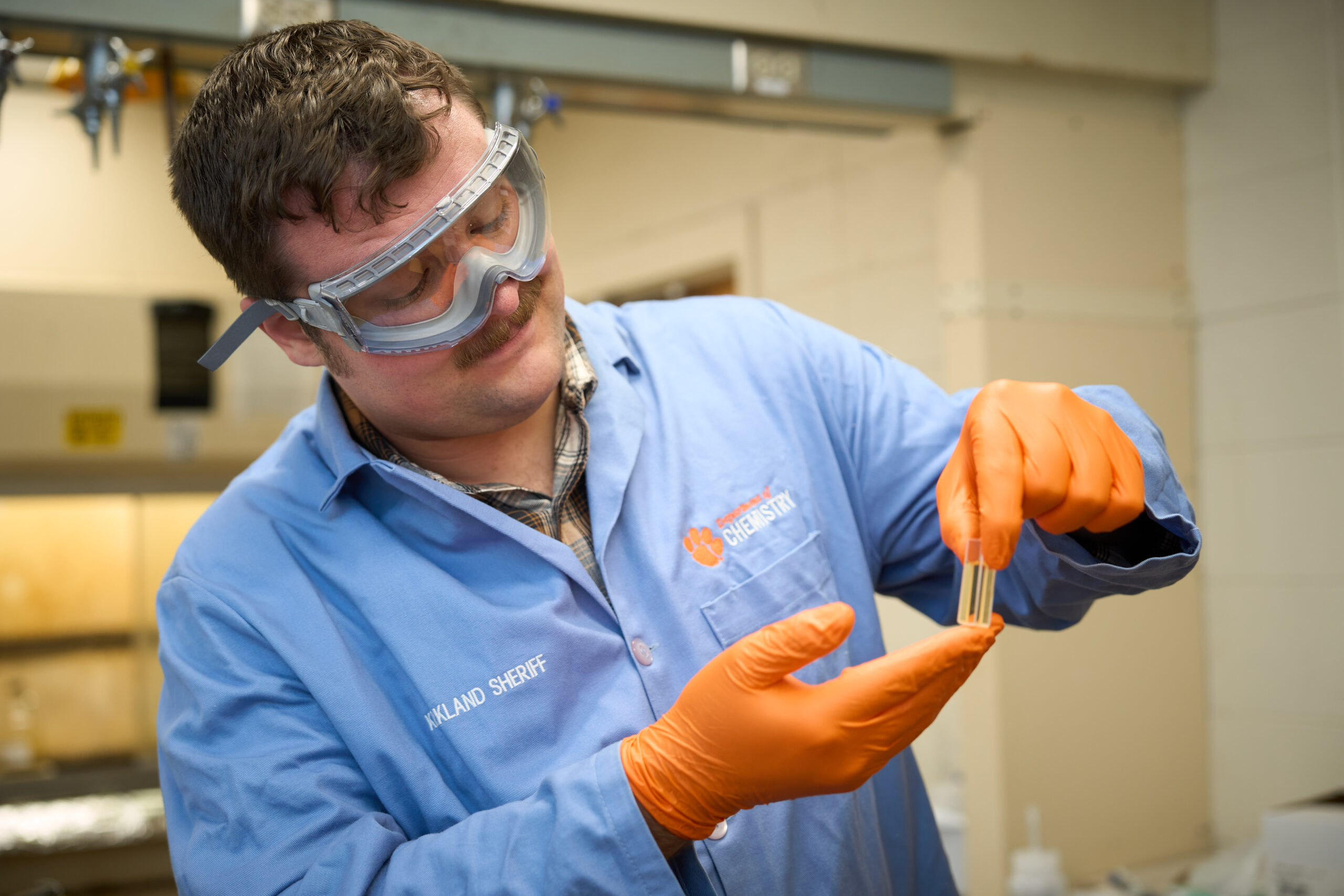Navigating the State of Recycling in 2024 and Beyond
This article explores current recycling trends, challenges, and solutions, advocating for sustainable practices to protect the environment and marine life

As the world grapples with the environmental challenges of today, recycling stands out as a key solution to mitigate waste and protect our planet. Here's a breakdown of the current state of recycling and what lies ahead:
Key Insights:
- Governments worldwide are ramping up recycling targets and diversion goals to combat landfill overflow and address growing environmental concerns.
- China's 'National Sword' policy continues to impact the global recycling industry, prompting countries to find new solutions for managing recyclable materials.
- While the United States has made strides in recycling, there's still ample room for improvement, particularly in reducing waste generation.
- Not all products are equal in their recyclability or environmental impact, emphasizing the importance of understanding and prioritizing reuse and donation over traditional recycling methods.
- Consumer demand for sustainability is driving businesses to adopt eco-friendly practices, leading to the rise of brands committed to environmental stewardship.
Protecting Life Below Water: One crucial aspect of recycling is its impact on marine ecosystems. With millions of tons of plastic waste ending up in oceans each year, recycling plays a vital role in mitigating this environmental threat. By properly managing and recycling plastic waste, we can prevent further pollution of marine habitats and protect marine life.
Incorporating the principles of reduce, reuse, and recycle into everyday life can significantly contribute to this effort. For example, opting for shampoo and conditioner bars eliminates the need for plastic bottles, reducing plastic waste that could eventually find its way into the ocean.
Changing Government Regulations: As public awareness of environmental issues grows, governments are responding with stricter regulations on recycling and waste management. Cities and states are implementing ambitious goals to reduce waste and increase recycling rates, signaling a shift towards more sustainable practices.
New Technologies and Processes: Innovative technologies are emerging to improve recycling efficiency and handle sustainability challenges. From advanced sorting robots to chemical recycling processes, these innovations offer promising solutions to enhance recycling capabilities and reduce environmental impact.
What You Can Do: Individuals and businesses alike can take action to support recycling efforts and promote sustainability:
- Reduce waste by minimizing consumption and opting for eco-friendly alternatives.
- Reuse products whenever possible to extend their lifespan and reduce the need for new materials.
- Recycle responsibly and educate others about the importance of proper waste management.
- Support brands and initiatives that prioritize sustainability and environmental stewardship.
By embracing these principles and incorporating sustainable practices into daily life, we can all contribute to a healthier planet for future generations.
What is Your Reaction?
 Like
0
Like
0
 Dislike
0
Dislike
0
 Love
0
Love
0
 Funny
0
Funny
0
 Angry
0
Angry
0
 Sad
0
Sad
0
 Wow
0
Wow
0













































































